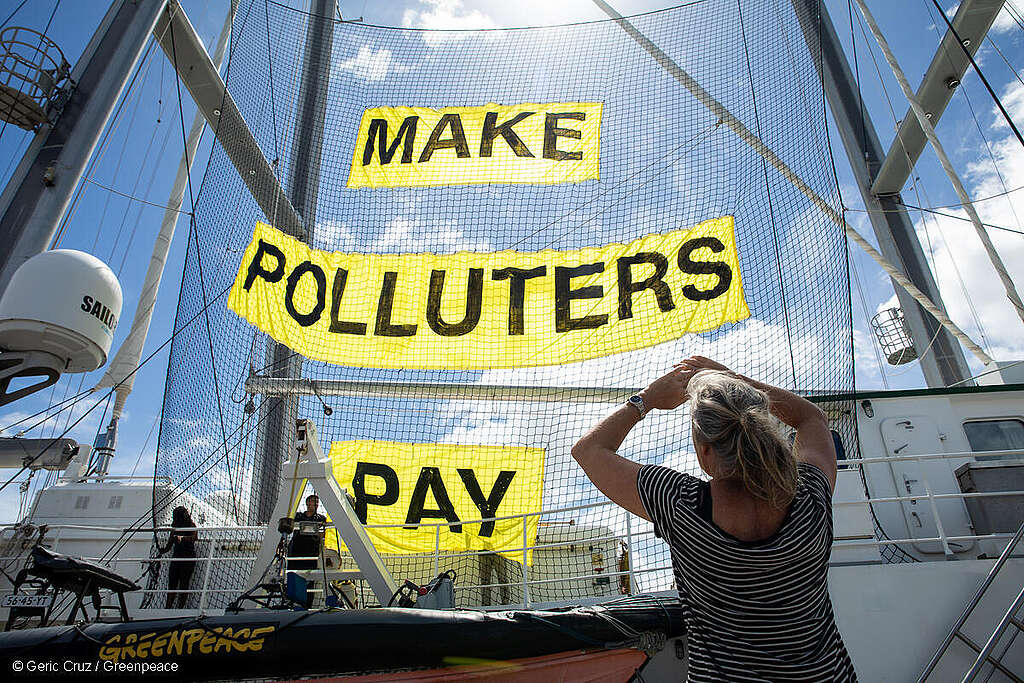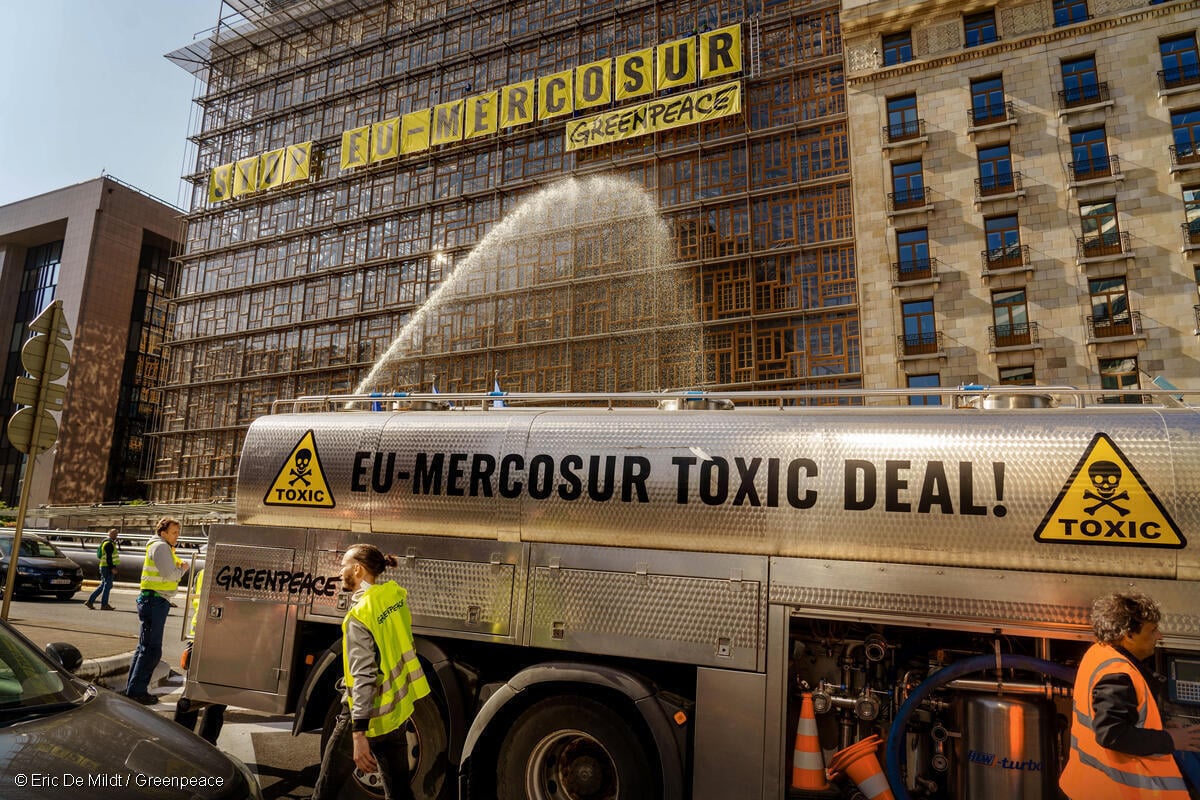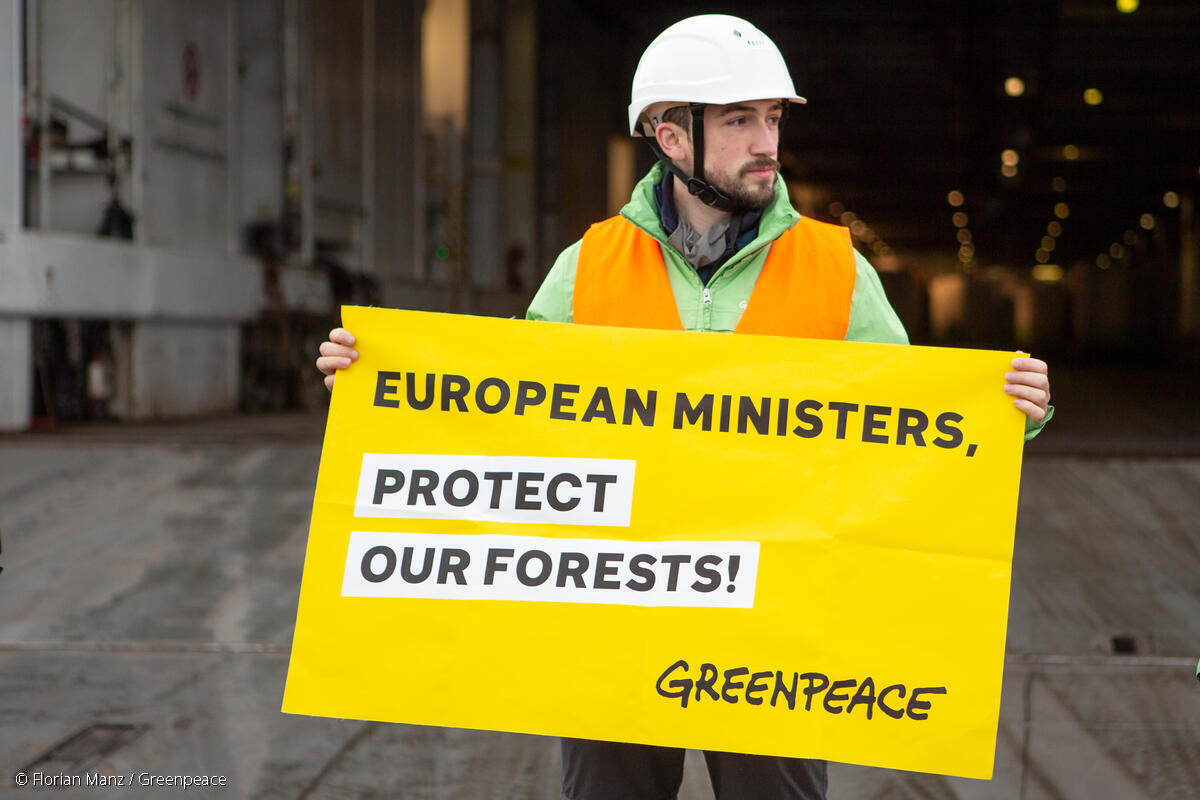
Wopke Hoekstra’s appointment to lead on EU climate policy, just weeks before the UN climate talks in Dubai, was controversial to say the least. His track record in Dutch politics, where he opposed the end of gas drilling in earthquake-ridden Groningen, led the backlash in government against plans to tackle pollution from cattle farms and gave airline KLM a €3.4 billion bailout with no climate commitments, played a big role. His previous involvement with Shell and McKinsey also raised many eyebrows.
Take your pick of the meteorological indicators, this year has broken climate records all over the world. Fires, floods, heatwaves, droughts and storms have killed huge numbers of people, and wrecked the homes and livelihoods of many more. At the risk of sounding like a different type of broken record: action to tackle the climate emergency is more urgent than ever.
It was clear that Hoekstra had to impress the European Parliament to have his appointment confirmed – and he did. At COP28 we will see if Commissioner Hoekstra is as serious about climate as he managed to convince MEPs he was, or if his answers in front of the Parliament committees were just PR lines to survive a grilling.
Unfortunately, Hoesktra has already stumbled at the first hurdle. During his European Parliament hearing, he told MEPs “fossil fuels must become history, the sooner the better”. The overwhelming majority of scientists agree a global fossil fuel phase-out must happen rapidly to avoid condemning billions of people to death and misery. But at a meeting in Bonn to prepare the ground for the COP28 summit, he failed to add the EU to a statement from a coalition of ‘high ambition’ countries calling for just such a phase-out.
In Dubai, the EU must support an unequivocal end to the extraction and burning of fossil fuels. This is the clearest test of whether Wopke Hoekstra is going to take real responsibility for Europe’s contribution to a safe climate. And I say an ‘unequivocal’ end because even some of the most polluting fossil fuel companies, and the governments that host them, including EU governments, can see the writing on the wall. They say they agree to an end to ‘unabated’ fossil fuel use, banking on costly and unproven carbon capture technology to allow them to keep drilling, mining and burning. The EU has said that fossil fuels must peak this decade, but that’s a pretty weak goal when you consider the International Energy Agency says we’re on track for this already.
Allowing continued extraction and use of fossil fuels, with the promise of a magic wand to make them clean some day, is a complete cop out. If industries don’t get the clear signal that fossil fuels are really going to stop in the near future, they won’t feel any pressure to change, and will keep pouring investment into the energy system that’s threatening to kill us.
Public money needs to move too. The EU’s subsidies for fossil fuels are at an (at least) eight-year high, €123 billion in 2022, which is more than the €86 billion for renewable energy and the €32 billion for energy savings combined. Globally, fossil fuel subsidies are at a record $7 trillion, a trend the EU must be in the vanguard to turn around. Hoekstra promised MEPs that he would herald an end to EU fossil fuel subsidies, now is the time to stick to his word and put the pressure on national governments, inside and outside Europe, to do the same.
The EU not only has to lead on cutting future emissions, and doing it fairly, but also to take responsibility for the death and destruction already locked in by centuries of industrial fossil fuel use, and Hoekstra’s role is crucial at this moment. We must never allow leaders to forget that the countries and people who have done the least to cause the climate crisis are the ones suffering the most.
Commissioner Hoekstra has said that he’ll be ready to announce a ‘significant’ contribution by the EU and its members to a UN fund to pay for the climate destruction others are facing. The climate movement and low-income countries alike will be watching closely to see how much money the EU considers to be ‘significant’ and if it’s really new, ringfenced funding, and where this money will come from.
The companies who have pumped their trillions from society by pumping oil and gas will of course resist these changes in any way they can, and will have lobbyists in their droves in Dubai. For the first time, fossil fuel lobbyists will have to register as such at the COP, but maybe the EU Commissioner will recognise a few faces anyway from his time at McKinsey, which is charitably giving free advice to the UAE as hosts of the talks.
Climate science doesn’t only have a dire outlook, there’s plenty of evidence that the window of opportunity to avoid total climate breakdown is still (narrowly) open. For the first time, the real solutions are actually on the table. Hoekstra must champion them.
Silvia Pastorelli is a Greenpeace EU climate and energy campaigner



